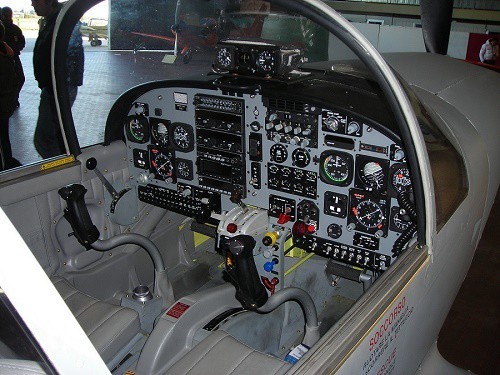Instrument Flight Training
Pilots who complete their instrument flight training in order to get instrumental rating greatly benefit their flying. Getting an instrumental rating will make them better pilots, lower their insurance rates and help them to get a commercial pilot certificate. However, they must pass the instrument rating knowledge test, which is the most problematic obstacle for many pilots. With our training, passing the instrumental exam is not as difficult as people tend to believe. Here are three reasons pilots need to learn to fly IFR.
- Become Better Pilots
Pilots who fly on instruments will become professional after a short period as it helps to boost their precision. Although earning the instrumental rating require them to know many different things, learning how to fly with precision stands as the most difficult and rewarding requirement. They will hit a descent rate or specific altitude once they complete the instrumental rating as well as maintaining it. Therefore, they will be able to control their aircraft better than they ever thought possible, which will certainly affect their flying in general.
- Get a Job on Most Commercial Airlines
Although some pilots have initially no plans to get a commercial pilot certificate, many of them tend to think about it some point in the future. It is good to have the option despite the fact that there are many commercial pilots who never get paid to fly. Besides, a person may end up working for a company that has a nice aircraft. In such a case, he may occasionally get a chance to pick a paying passage or spend some time in it if he possesses an instrumental rating along with a commercial pilot certificate.
Waiting until the need arises to get instrument rated will need a person to do a lot of training at that time. Instead, pilots should seek to learn precise flying early in order to reap its benefits and can breeze through commercial pilot training in case they need it.
- Get Cheaper Insurance Rates
The aviation insurance industry usually gives rates that are generally cheaper to instrument-rated pilots. They consider these pilots to have increased training and thus increased skill, allowing them to pay lower insurance premiums. This difference can add up to a considerable amount of money depending on the type of airplane one is flying.
Therefore, pilots should definitely put Instrument flight training into consideration if they want to be better in their profession with lower insurance rate and increase the chance of obtaining a commercial pilot certificate.
Instrument Flight Training


